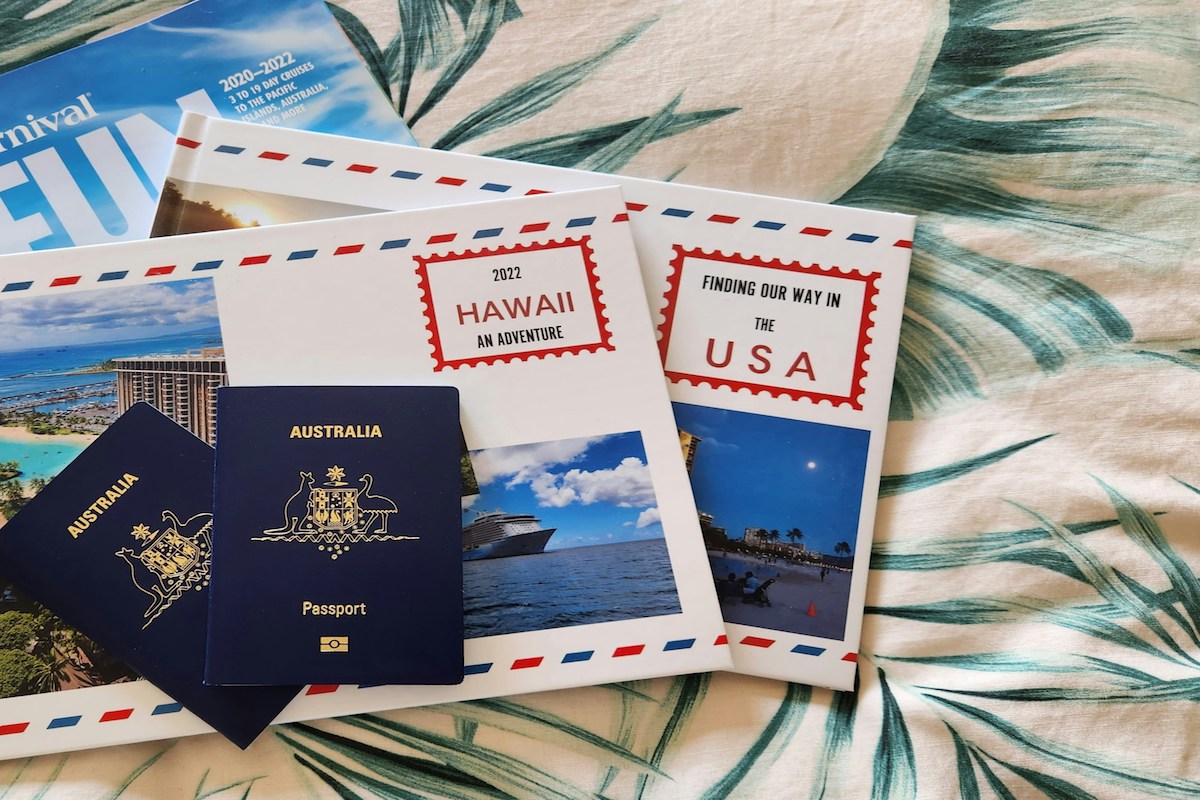Contents
- Cultural Similarities Between U.S. and Australia: Why These Two English-Speaking Nations Feel Familiar But Are Worlds Apart
- Shared Democratic Values and Individualism
- The Laid-Back Lifestyle: Work-Life Balance
- Language and Humor: The Devil is in the Details
- Family and Social Structure
- Immigration and Cultural Diversity
- Sports: A Passion for Competition and National Pride
- Travel Mindset and Global Awareness
- Final Thoughts: A Blend of Familiar and Foreign
- Further Reading and Sources
Cultural Similarities Between U.S. and Australia: Why These Two English-Speaking Nations Feel Familiar But Are Worlds Apart
Both are predominantly English-speaking countries with democratic values, an affinity for outdoor activities, and a shared love for sports and barbecues.
However, when you look closer, each culture has developed its unique personality, shaped by history, social structures, and even a distinct sense of humor.
In this post, we’ll unpack the shared traits and unique distinctions that define the U.S. and Australia and answer the big question: Are they more alike or different?
One of the strongest similarities between the U.S. and Australia is their foundation in democracy and the importance they place on individual freedoms.
Both countries were influenced by British governance, which set the groundwork for a democratic, merit-based society that emphasizes the value of hard work and personal success.
American individualism often celebrates standing out and self-promotion, while Australians favor a more egalitarian view that prioritizes community and fairness.
This cultural difference is sometimes evident in the workplace, where Australians might view American assertiveness as “attention-seeking“—a perspective shaped by Australia’s “tall poppy syndrome,” where humility is often valued over self-promotion.
The Laid-Back Lifestyle: Work-Life Balance
Americans are known for a faster pace of life and a “live to work” mentality, especially compared to the relaxed Australian attitude toward work-life balance.
In Australia, leisure time is prized, and it’s common to see people taking their annual four-week leave seriously, using it to recharge.
Meanwhile, U.S. employees, who often receive two weeks of vacation, tend to focus on maximizing productivity and are accustomed to a work environment where long hours are normalized.
This divergence can sometimes feel jarring for Americans adjusting to the Australian lifestyle or vice versa.
Language and Humor: The Devil is in the Details
While both nations speak English, colloquialisms and humor reveal cultural nuances.
Australians are known for their dry, ironic, and often self-deprecating humor, which might feel puzzling to Americans accustomed to direct, explicit humor.
Terms like “arvo” (afternoon) and “barbie” (barbecue) are everyday Australian lingo, and Australians delight in abbreviating words something an American might take a while to get used to.
These linguistic quirks add a playful layer to Aussie English, making it distinct and sometimes challenging for Americans new to the country.
Family and Social Structure
Both Americans and Australians value the nuclear family structure, but their social environments can vary.
In Australia, family-oriented living often includes extended family nearby, especially since Australian cities are generally smaller and more compact than sprawling American metros.
This proximity fosters close-knit relationships, allowing Australians to live and interact closely with extended family members.
In contrast, it’s not uncommon for American families to live states apart, resulting in less frequent family gatherings.
Immigration and Cultural Diversity
Both countries are multicultural hubs, but their immigration stories and policies reveal interesting contrasts.
Australia, with its “fair go” ethos, has a welcoming approach to immigrants, viewing cultural diversity as a national strength.
Meanwhile, the U.S., often described as a “melting pot,” has a complex relationship with immigration, where newcomers may face mixed receptions depending on their region.
While both societies are incredibly diverse, Australia’s emphasis on inclusivity has helped shape a unique blend of British and Asian influences, evident in its cuisine, arts, and everyday interactions.
Sports: A Passion for Competition and National Pride
Sports are a huge part of both American and Australian life, but the games themselves differ.
While the U.S. is deeply devoted to football, basketball, and baseball, Australians rally around Australian Rules Football, rugby, and cricket.
These sports are central to the cultural identity in each nation, with events like the Super Bowl and AFL Grand Final drawing massive, passionate audiences.
I found a Reddit thread where an American expat in Melbourne noted, “You know you’re in Australia when you see almost everyone at the pub tuned into cricket or AFL instead of NFL—it’s a different vibe, but the excitement is universal!”
Travel Mindset and Global Awareness
Australians are often more outward-looking and prioritize travel as a formative experience. With over one-third of Australians born abroad, multiculturalism feels integral to Australian society, and the “gap year” tradition among young Australians emphasizes global exploration.
Meanwhile, many Americans find their travels contained within the expansive borders of the U.S., exploring its diverse landscapes without venturing overseas as often.
This travel tradition fosters a global perspective in Australians, often making them more attuned to international issues and diverse viewpoints.
Final Thoughts: A Blend of Familiar and Foreign
While the U.S. and Australia share a lot of cultural DNA, their unique histories and social values lead to fascinating differences.
From work-life balance and humor to family structures and global perspectives, both countries blend Western ideals with unique twists.
The end result is a relationship of mutual respect and curiosity, where both Americans and Australians can learn from each other’s perspectives.
As one Quora user aptly put it, “Australia is like the U.S. in some ways but also a place that constantly surprises you, from its lingo to its lifestyle.”

